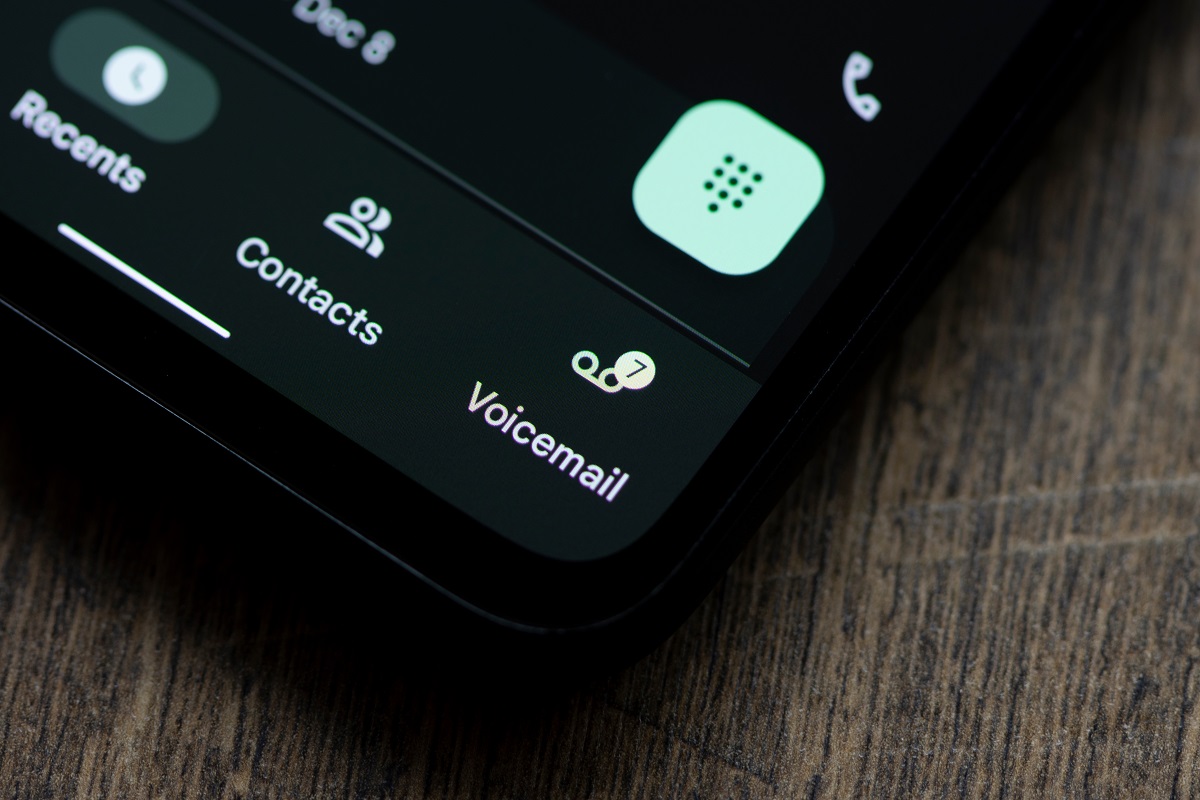 The U.S. Court of Appeals for the Sixth Circuit recently held that a single ringless voicemail is enough to confer standing to a plaintiff under the federal Telephone Consumer Protection Act.
The U.S. Court of Appeals for the Sixth Circuit recently held that a single ringless voicemail is enough to confer standing to a plaintiff under the federal Telephone Consumer Protection Act.
A copy of the opinion in Dickson v. Direct Energy, LP, et al. is available at: Link to Opinion.
The plaintiff individual alleged that the defendant sent multiple ringless voicemails to his cell phone advertising its services. Specifically, the plaintiff alleged that the defendant left a ringless voice mail “RVM,” an RVM is a voicemail left directly into a recipient’s voicemail box, without placing a traditional call to the recipient’s wireless phone. The plaintiff alleged that he received numerous RVMs from the defendant.
The plaintiff filed suit individually and on behalf of all others similarly situated, alleging the defendant violated the TCPA’s automated calling prohibitions under 47 U.S.C. § 227(b)(1) by sending the RVMs to him without his consent. The plaintiff claimed that he was harmed by these communications because they tied up his phone line, cost him money, and were generally a nuisance. The plaintiff also averred that the calls disturbed his solitude and invaded his privacy.
During discovery, the defendant’s expert maintained that out of the 11 voicemails allegedly received by the plaintiff, only one could be attributed to the defendant. Based on this, the defendant moved to dismiss the plaintiff’s lawsuit for lack of Article III standing and argued that the plaintiff suffered no concrete injury. The trial court granted the defendant’s motion and held because the plaintiff only received one RVM, a single RVM did not constitute a concrete harm sufficient for Article III purposes because: (a) the plaintiff could not recall what he was doing when he received the RVM, (b) the plaintiff was not charged for the RVM, (c) the RVM did not tie up his phone line, and (d) the plaintiff spent an exceedingly small amount of time reviewing the RVM. This appeal followed.
On appeal, the Sixth Circuit examined the factors necessary for the plaintiff to establish standing: (1) a concrete and particularized injury-in-fact which (2) is traceable to the defendant’s conduct and (3) can be redressed by a favorable judicial decision. Lujan v. Defs. of Wildlife, 504 U.S. 555, 560–61 (1992); see also Spokeo, 578 U.S. at 338 n.6; Spokeo, Inc. v. Robins, 578 U.S. 330, 338 (2016).
The Sixth Circuit had not previously ruled on whether the receipt of a single RVM for commercial purposes presents a concrete harm sufficient to confer standing to make a claim under the TCPA. Here, the Court found that the plaintiff’s claims satisfy the demands of Article III. To determine whether an intangible harm — such as the plaintiff’s receipt of an unsolicited RVM — rose to the level of a concrete injury, the Appellate Court examined common law history and tradition and Congress’s judgment in enacting the law at issue.
The plaintiff argued that the unwanted RVM resembled the common law tort of intrusion upon seclusion. The Sixth Circuit noted this common law tort can result in an unlawful invasion of privacy, but the scope of liability for the actual tort of intrusion upon seclusion is more circumscribed and confined to liability to cases where a defendant’s conduct is “highly offensive to the ordinary reasonable man.” Restatement § 652B cmt. d; see also Charvat v. NMP, LLC, 656 F.3d 440, 452–53 (6th Cir. 2011); In re Nickelodeon Consumer Priv. Litig., 827 F.3d 262, 291, 293 (3d Cir. 2016).
The Sixth Circuit addressed the U.S. Court of Appeals for the Seventh Circuit’s opinion in Gadelhak v. AT&T Services, Inc., 950 F.3d 458 (7th Cir. 2020). In Gadelhak, the Seventh Circuit held that the plaintiff in that case suffered an injury after receiving five unwanted text messages. The Seventh Circuit reasoned that when the defendant sent unsolicited text messages, it made a similar intrusion into his privacy or seclusion. Id. at 462 (citing Restatement § 652B cmt. d).
In addition, the Sixth Circuit examined the Supreme Court of the United States’ analysis in Spokeo that distinguished the common law and congressional power to define the injury as outlined in the TCPA. Specifically, the Sixth Circuit held, “a few unwanted automated text messages may be too minor an annoyance to be actionable at common law. But such texts nevertheless pose the same kind of harm that common law courts recognize — a concrete harm that Congress has chosen to make legally cognizable.” Id. at 462–63 (quoting Spokeo, 578 U.S. at 341); see also id. at 463 n.2.
The Sixth Circuit further noted that the defendant’s single voicemail to the plaintiff combined with considerations that some consider their phone number a matter of private information, and people commonly exercise discretion in publicizing their phone numbers, entrusting them only to their circle of friends and family indicated that telephones can logically be considered part of one’s private domain to which the right to be left alone extends.
The Sixth Circuit explained that its ruling is consistent with jurisprudence from the Seventh Circuit in Gadelhak, 950 F.3d at 462, 463 n.2 and the U.S. Court of Appeals for the Ninth Circuit’s ruling in Van Patten v. Vertical Fitness Grp., LLC, 847 F.3d 1037, 1043 (9th Cir. 2017). In Van Patten, the Ninth Circuit held that unsolicited phone calls or text messages, by their nature, invade the privacy and disturb the solitude of their recipients. Van Patten, 847 F.3d at 1043.
In reaching its decision, the Sixth Circuit rejected a decision by the U.S. Court of Appeals for the Eleventh Circuit that held a plaintiff did not establish standing based on the receipt of a since voicemail or RVM because the plaintiff failed to show the voicemail “rendered her phone unavailable to receive legitimate calls or messages for any period of time.” See Grigorian v. FCA US LLC, 838 F. App’x 390 (11th Cir. 2020); Salcedo v. Hanna, 936 F.3d 1162 (11th Cir. 2019).
The defendant here argued that an intrusion upon seclusion occurs only when a person’s “peace and quiet” is disturbed by an audible sound like a ringing phone, or when a person’s attention is otherwise taken away from what they are doing. However, the Sixth Circuit disagreed and noted that the inquiry of the injury is limited to whether the plaintiff’s claimed injury is similar in kind to one recognized at common law. Moreover, the Sixth Circuit held the plaintiff alleged an intangible harm that bore a sufficiently close relationship to the traditional common law tort of intrusion upon seclusion.
Therefore, the Sixth Circuit held the plaintiff suffered a concrete injury in fact sufficient for Article III standing purposes because the receipt of an unsolicited RVM bears a close enough relationship to the kind of injury protected by the common law tort of intrusion upon seclusion, and the plaintiff’s claimed harm is directly correlated with the protections addressed by Congress in the TCPA.
Accordingly, the Sixth Circuit reversed the trial court’s dismissal of the plaintiff’s suit for failure to demonstrate an injury in fact and remanded the case for further proceedings.
Photo: Tada Images – stock.adobe.com


